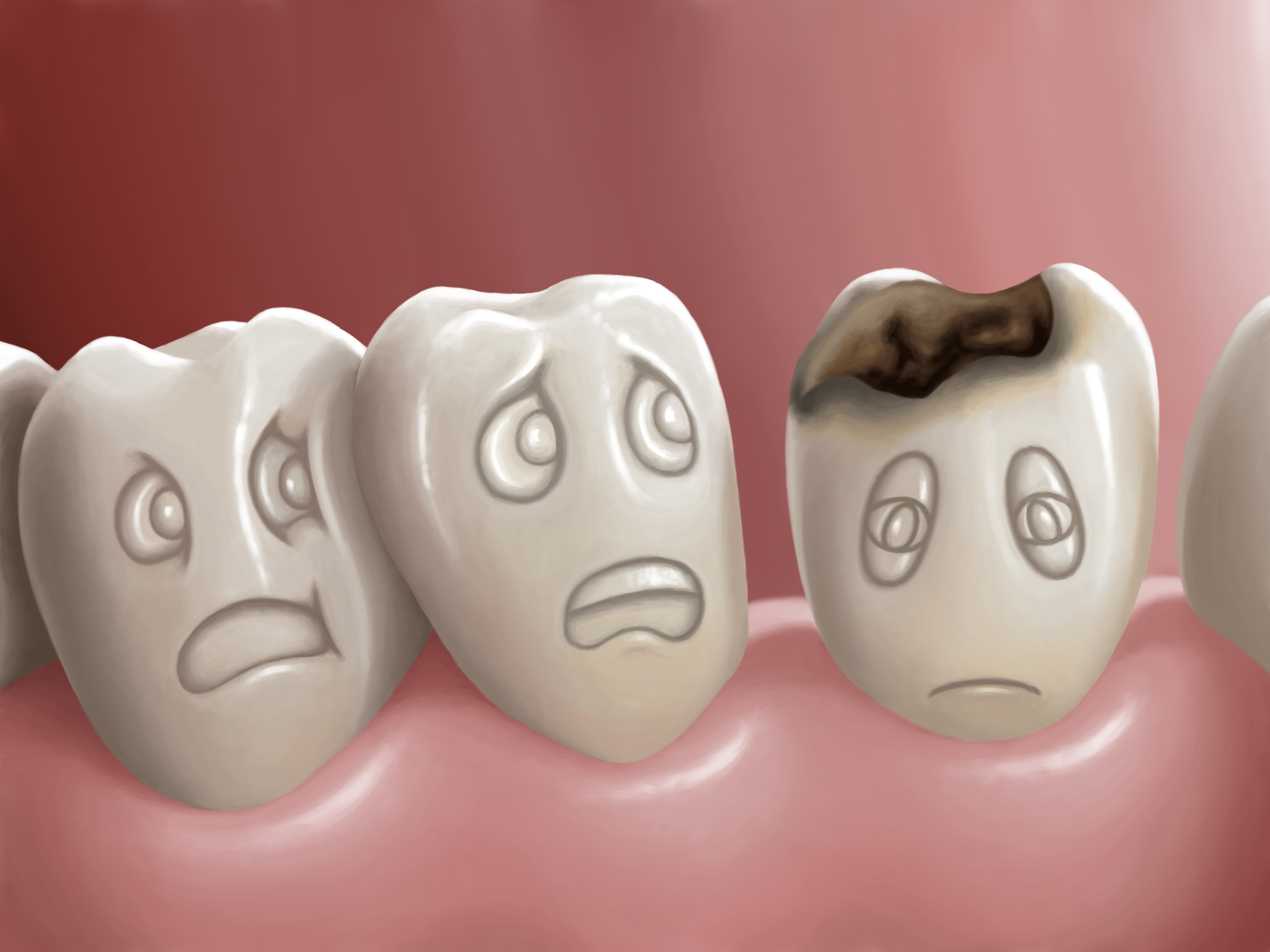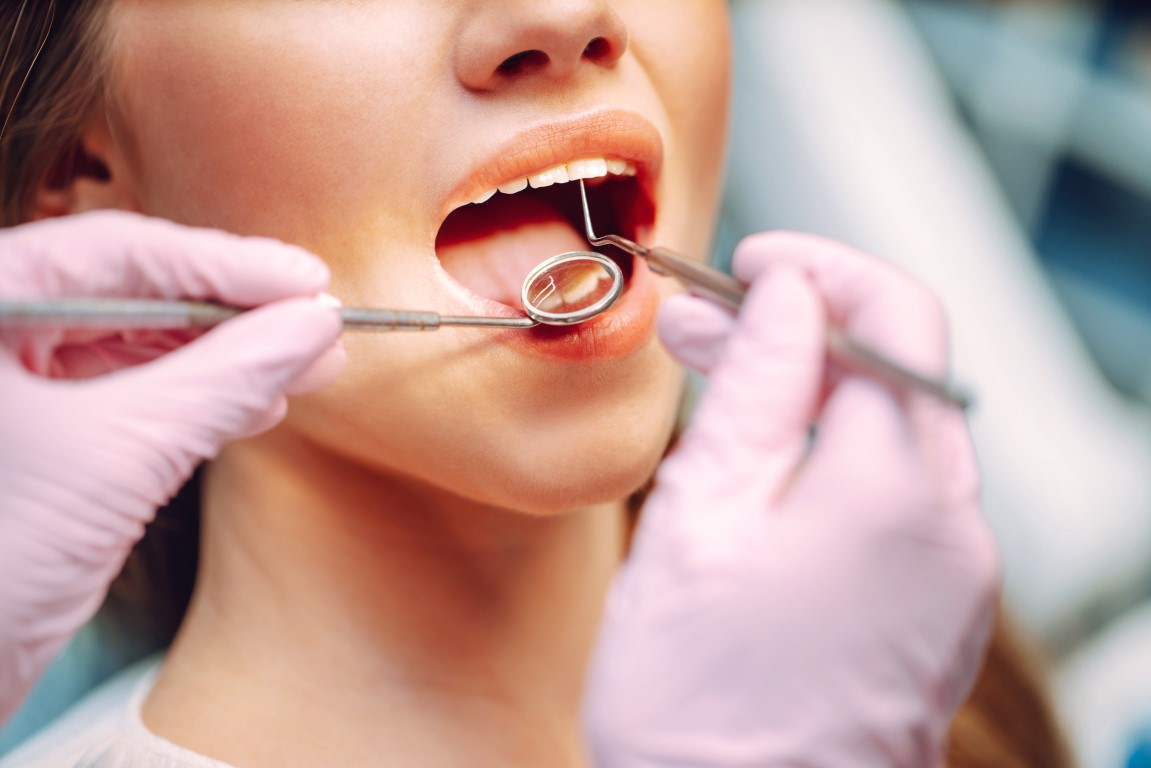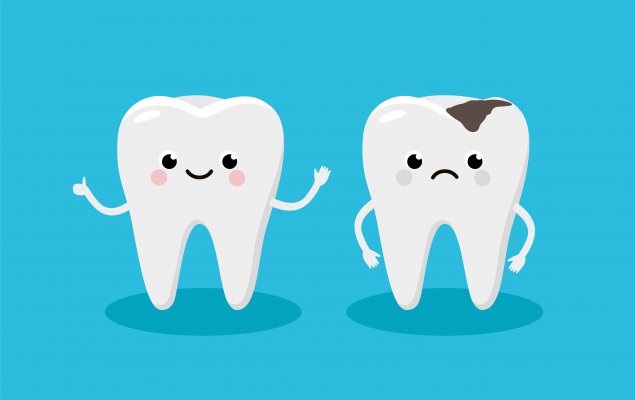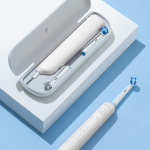You expect to feel an excellent cleaning when you brush your teeth, not pain. So, why does it sometimes hurt to brush your teeth? After all, you are trying to keep them clean, using moutwash and doing all the things you are supposed to, but it just isn't helping. Or perhaps they are more sensitive than they have ever been. You used to be able to eat and drink whatever you want, but now the slightest temperature change in your water or coffee is causing shooting pains.
Don't worry as we have been there, and we know your pain. So in this article we will go over the different causes of the pain, what you can try to do to fix them. We also take a look at what helped us, and that was switching to an electric toothbrush. So we will look at the different aspects and benfits of an electric toothbrush, and how they can really help resolve that pain. Trust us, we have tried over 20 electric toothbrushes this past year and know exactly what to look for, and we will go over these different factors lower down in the article.
There are many possible causes of tooth pain when brushing. One common cause is gum disease. When the gums become inflamed, they can pull away from the teeth and expose the roots. This can lead to sensitivity and pain when brushing. Another possible cause of tooth pain when brushing is cavities.
When bacteria build up in the mouth, they can form holes in the teeth. These cavities can be sensitive and painful, especially when brushing. If you are experiencing tooth pain when brushing your teeth, you should see a dentist to determine the cause and get treatment. The sooner you get there, the better the outcome, as leaving it longer could allow more damage to take place. This, in turn, makes fixing the issue take longer. And while we know that these are pretty high level causes let's break them down a bit more here:
Gum disease
Gum disease is caused by plaque, a sticky film of bacteria that forms on your teeth. Plaque can irritate your gums and make them bleed. If plaque is not removed, it can harden into calculus (tartar). Tartar can only be removed by a dentist or dental hygienist.
Gingivitis
Gingivitis is a condition that affects the gums and can make your teeth hurt. It’s caused by plaque buildup on the teeth, which can irritate the gums and cause inflammation. If left untreated, gingivitis can lead to more serious problems like periodontitis. Treatment for gingivitis includes regular brushing and flossing, as well as professional cleanings.
Cavities
Cavities are one of the most common reasons for tooth pain. When a cavity forms, it allows bacteria to enter the tooth and start to break down the enamel. This can cause the tooth to become sensitive to temperature changes and can be very painful when exposed to cold drinks. Cavities can also cause pain when chewing or biting down on hard foods. If you think you may have a cavity, it is important to see your dentist as soon as possible so that it can be treated before it causes any further damage

Loose fillings
One reason may be that the filling in your tooth is loose. When the filling is loose, it can allow cold temperatures to reach the nerve of your tooth, causing pain. Another reason for tooth pain when drinking cold drinks is that you may have a crack in your tooth. Cracks can also allow cold temperatures to reach the nerve of your tooth, causing pain.
Now that we have briefly gone over the causes of the pain, we now go into the things you can do at home to help lessen the pain and even stop it before it start. This is where we talk about switching over to an electric toothbrush. There are many reasons to switch from a manual toothbrush to an electric one. Electric toothbrushes can be more effective at removing plaque and bacteria and can also help stop your gums from bleeding. An electric toothbrush can be a vital part of your treatment plan if you have gum disease.
If you have gum disease, you may be more likely to develop bleeding gums, and this is because the inflammation caused by gum disease makes the gums more fragile and prone to damage. An electric toothbrush can help reduce this inflammation and prevent further damage to the gums. And overall you just will get a better clean because the speep that the electric toothbrush can move at just can't be matched by any human, no matter how hard you try. In fact, you'll probably end up hurting your arm if you try to match an electic toothbrushs speed.... so you will be left with sensitive teeth and an injured arm or wrist. So really it is lose lose.
Electric toothbrushes can help stop gum bleeding for several reasons:
- They can remove plaque and tartar from teeth more effectively than manual toothbrushes, which helps keep gums healthy and free from inflammation.
- Electric toothbrushes can massage gums and help to increase blood circulation, and this can also reduce inflammation and help to keep gums healthy.
- Electric toothbrushes can help to remove bacteria from the mouth that can cause gum disease.
By eliminating these bacteria, electric toothbrushes can help to prevent gum disease and keep gums healthy.
Dentists often recommend electric toothbrushes because they can be more effective at reducing plaque and gingivitis than manual toothbrushes. Additionally, electric toothbrushes can be easier for people with dexterity issues.

There are a few different types of electric toothbrushes available on the market. Some electric toothbrushes rotate while others pulsate. Many people find electric toothbrushes with rotating bristles more effective at removing plaque than those with pulsating bristles. We have done a lot of electric toothbrush reviews so if you are starting at square one, make sure you check out our listings as we have tried A LOT of different brands and models.
In addition to being more effective at removing plaque, electric toothbrushes can also be more gentle on your gums. This is especially true for people with sensitive gums or who suffer from gum disease. Electric toothbrushes can help to reduce bleeding and inflammation of the gums.
There are three types of electric toothbrushes: sonic, ultrasonic, and rotating. Each type has its own unique set of benefits that can help stop your gums from bleeding.
Sonic toothbrushes use high-frequency vibrations to clean your teeth. They are gentle on your gums and effective at removing plaque. This was made popular with Sonicare which we did a good review of the 1100 model, as it is kind of their thing.
Ultrasonic toothbrushes use low-frequency vibrations to clean your teeth. They are gentle on your gums and effective at removing plaque.
Rotating toothbrushes have a spinning head that rotates back and forth to clean your teeth. They are gentle on your gums and effective at removing plaque. This was more of the Oral B brand "thing," Which I liked because I found the sonic sound that the other brand put out just gave me a headache.
Ionic toothbrushes use an iconic charge to break the connection between the plaque and the tooth. This has quickly become my favorite because I find the clean just can't be matched.
At the end of the day, it is really a personal choice as to which brand and style you like best, so it might be best to try getting your first model from a store that offers returns because nothing would be worse than buying an electric toothbrush and not liking it as they are more expensive than manual toothbrushes.
Electric toothbrushes come in all shapes and sizes. But which one is right for you? Here are a few things to consider when choosing an electric toothbrush:
1. Brush head size. Some people prefer a smaller brush head, while others find a larger one more comfortable. Consider what size brush head you like before making your purchase.
2. Bristle type. There are two main types of bristles: nylon and soft plastic. Nylon bristles are firmer and better at removing plaque, while soft plastic bristles are gentler on the gums. Choose the type of bristle that best suits your needs.
3. Battery life. Electric toothbrushes need electricity to run. Some of the mid-range to higher-end ones come with rechargeable batteries, while the entry-level ones require AA or AAA batteries; some models have longer-lasting batteries than others. If you don't want to replace batteries constantly, look for a model with long battery life. But keep in mind that the longer the life of the battery, the higher the price tag you can expect.
There are a couple of reasons why your teeth can hurt which we have gone over so one more time we will go over the common causes:
Your teeth may hurt when you brush them if you have gingivitis, which is inflammation of the gums. This can be caused by plaque buildup on your teeth. Plaque is a film of bacteria that forms on your teeth and gums. If it's not removed, it can harden into tartar, which can irritate your gums and cause them to bleed. Brushing your teeth too hard or a toothbrush too stiff can also make your gums sore.
When you brush your teeth, the bristles on your toothbrush scrub your teeth and gums. This can sometimes cause your gums to bleed. When your gums bleed, they are more likely to become infected. Infected gums can cause your teeth to hurt, and it has been proven that issues can impact your heart based on oral hygiene. So this isn't something to take lightly at all.
Dental pain is one of the most common reasons people see their dentist. There are many different causes of this type of pain, but one of the most common is simply because people are not brushing their teeth correctly. Brushing your teeth too hard, using a toothbrush with bristles that are too stiff, or even just not using enough toothpaste can all lead to dental pain. In addition, people who suffer from gum disease or other oral health problems are more likely to experience pain when they brush their teeth.
While brushing your teeth is vital to keeping your mouth healthy, the type of toothbrush you use can make a big difference. Dental professionals often recommend electric toothbrushes because they can be more effective at removing plaque and bacteria from teeth. They can also be helpful for people who have gum disease or gingivitis because they can help reduce inflammation and bleeding. And we should know as we have had the luxury of testing a lot of different electric toothbrushes over the past bit, and we can say that our teeth are 100% cleaner, and we have no tooth pain. Even our dentist noted the improvements vs. when using a manual toothbrush.
If you're looking for a way to improve oral health, switching to an electric toothbrush may be a good option. Be sure to talk to your dentist first to see if it's the right choice for you.





